- Arakan residents call for air raid warning systems amid surge in junta airstrikes
- Arakan’s Breathing Space (or) Mizoram–Arakan Trade and Business
- Death toll rises to 18 after junta airstrike on Ponnagyun village market
- Regime arrests dozens of Muslims in Sittwe over alleged Arakan Army links
- Over 200 IDPs in Ponnagyun struggle without shelter, food aid
‘Blood for money’ among impoverished and IDPs in Ponnagyun
In Myanmar, people generally donate blood for free, but blood donors in Ponnagyun Township are asking for compensation as unemployment and soaring food prices take a heavy toll on them.
05 Sep 2024
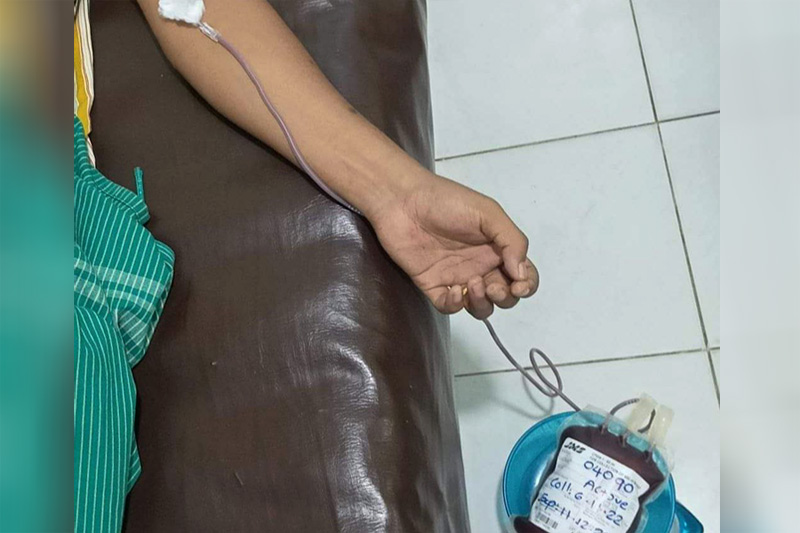
DMG Newsroom
5 September 2024, Sittwe
Driven by livelihood hardships resulting from junta blockades, residents in Arakan State’s Ponnagyun Township are “donating” their blood for money just to make ends meet.
In Myanmar, people generally donate blood for free, but blood donors in Ponnagyun Township are asking for compensation as unemployment and soaring food prices take a heavy toll on them.
A member of the Ponnagyun Youth Association said: “Because of livelihood hardships, people have to do whatever back-breaking job available daily to survive. When they donate blood, they have to take a rest, and they can’t work. They can’t support their families if they can’t work. So, blood donors are asking for compensation.”
Poor people and internally displaced people (IDPs) in Ponnagyun Township are selling their blood for 100,000 to 200,000 kyats.
One IDP said: “They have left behind their homes. While some have savings to live on, manual workers have to sell blood for money.”
Meanwhile, fighting and high fuel prices have also seriously disrupted the operation of local charities providing blood and free ambulance services in Arakan State. Charity workers have also been displaced by the fighting, forcing family members of patients to look for blood by themselves.
Blood donors in other townships are also asking for compensation, according to charity workers.
One charity worker in Arakan State said: “Some blood donors live on daily wages. Donating blood means they can’t work that day, and they don’t get their wages. Things will be more difficult if they have families. So, family members of patients give compensation to them.”
The regime has carried out a “four cuts” strategy since the fighting broke out in Arakan State, inflicting serious impacts on various aspects of life among civilian populations in Arakan State.




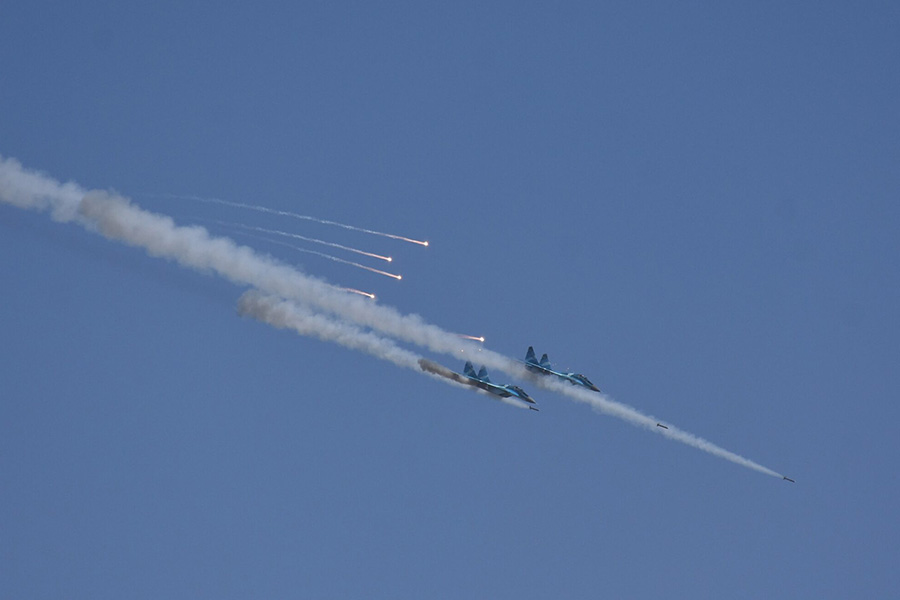
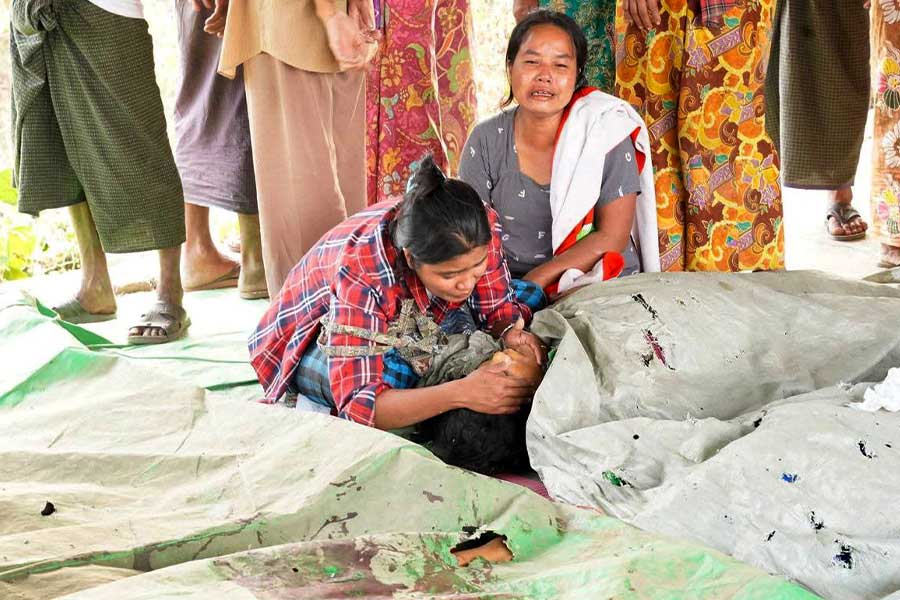
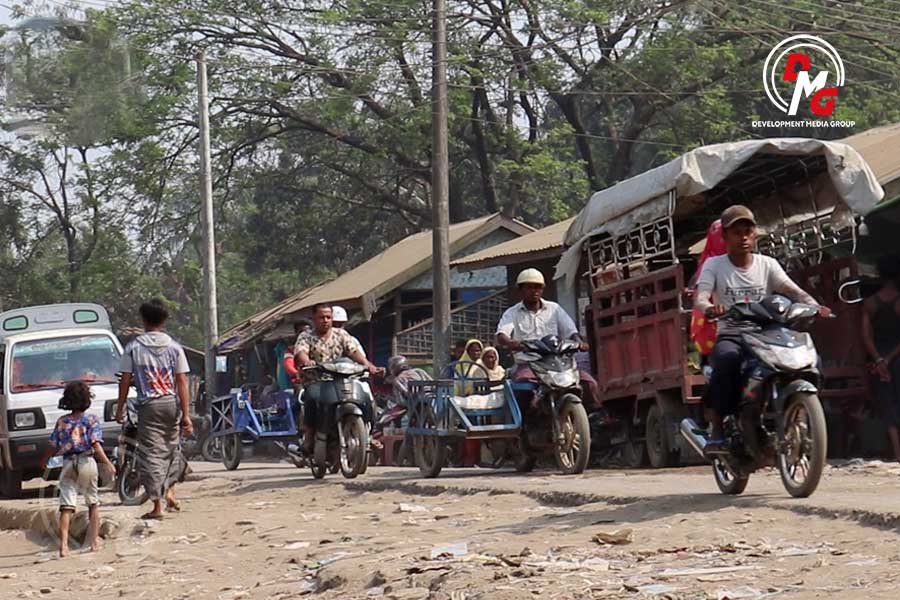
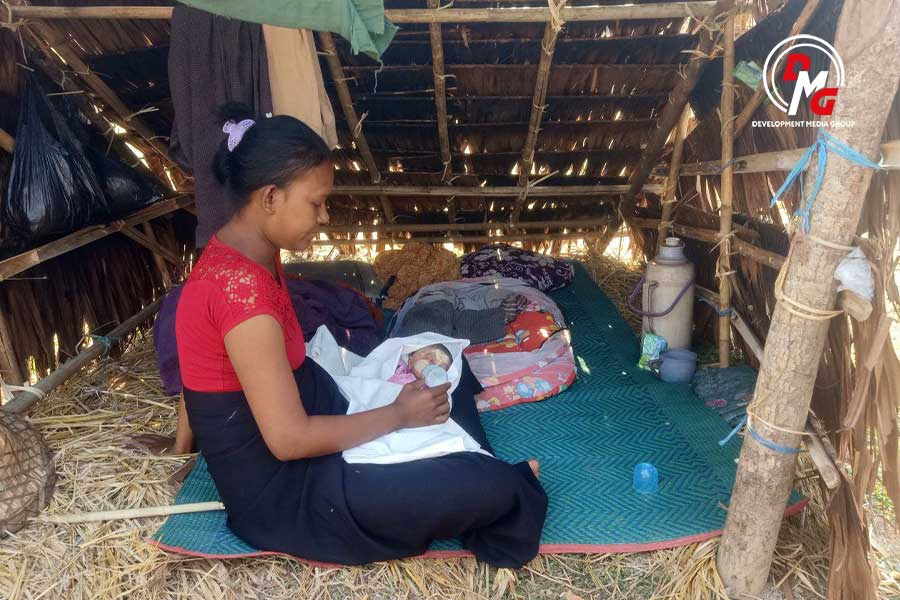
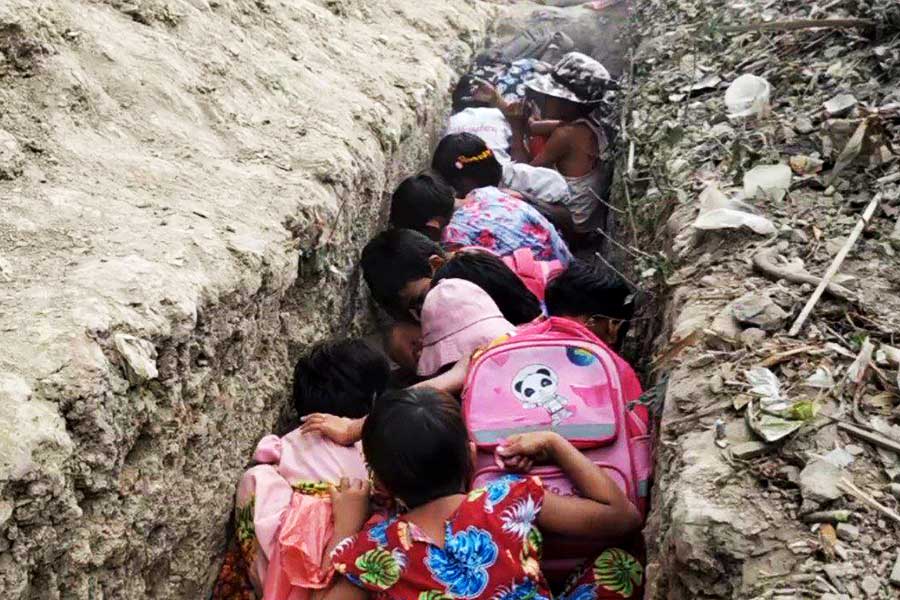








.jpg)